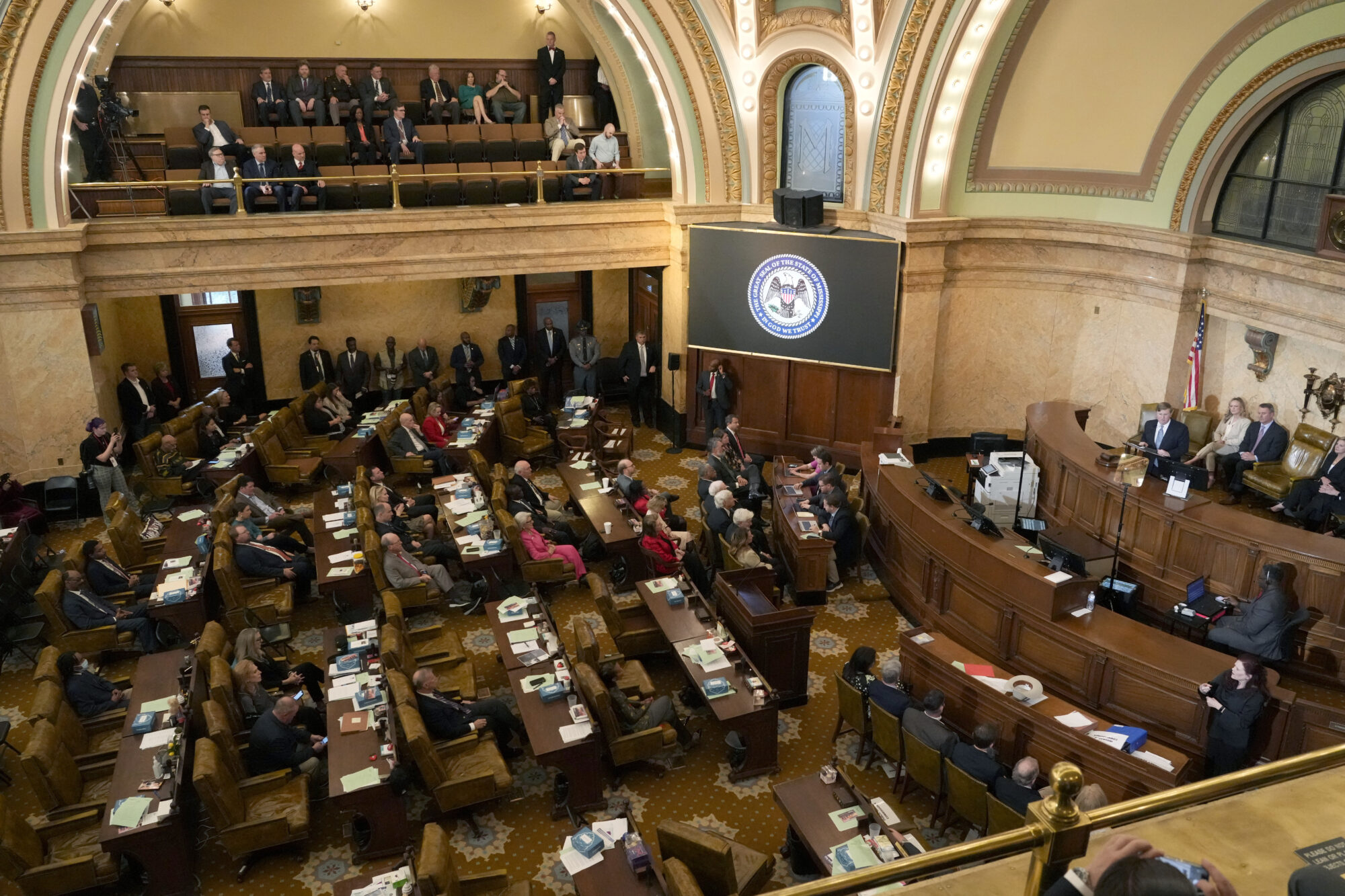
A three-judge panel allowed the newly drawn district maps to remain in place as the Midterm Primary Election nears.
During the 2022 Mississippi Legislative Session, lawmakers were tasked with redrawing Congressional district lines to represent changes in the state’s population since the most recent census in 2020.
The largest changes were in the 2nd Congressional District which saw a population decrease of roughly 65,000 over the last 10 years, according to the initial Census reporting. That has since come into question following the release of the Post-Enumeration Survey which showed Mississippi was likely undercounted by 4.11%, or 120,000 people.
READ MORE: Census Bureau says Mississippi was undercounted in 2020 – by 4.11%
The legislation to enact the Congressional redistricting, HB 384, had to ensure that the 2nd District was in compliance with the Voting Rights Act as it pertains to the black voting age population, or BVAP, after the population shift.
A federal three-judge panel met last week to determine the constitutionality of the redistricting plans as presented. The panel consisted of Judges E. Grady Jolly of the U.S. 5th Circuit, David Bramlette of the Southern District of Mississippi, and Henry T. Wingate of the Southern District of Mississippi.
Prior to the judges’ meeting, arguments were brought forward by groups such as the NAACP claiming that there was racial gerrymandering in the current district lines. Judges Jolly and Bramlette declined to rule on those arguments, continuing with traditional statute to refer to the Legislature on redistricting matters.
“However, in keeping with the Supreme Court’s well-established principle of deference to the legislature in redistricting matters, it is this judge’s view that our panel should exercise deference at this time and permit the legislature to revisit H.B. 384’s redistricting plan in the 2023 legislative session,” Judge Bramlette wrote.
However, Judge Wingate did comment on the disputes.
“The majority has concluded that this court’s 2011 Final Judgment must be vacated in its entirety,” Wingate opined. “Sadly, the majority also has declined to address the constitutionality or legality of the new four-district congressional redistricting statute, House Bill 384 (‘H.B.384’). Should we adopt the majority view, however, we would be shirking our judicial duties.”
Ultimately, Wingate moved to modify the current injunction that would allow upcoming scheduled elections to move forward but also addressed the immediate requirements for reaching a decision on the Section 2 interrogatory.
“I reach the above conclusion because H.B. 384 may be constitutionally flawed, while our injunction-preserved scheme is certainly constitutionally flawed,” Judge Wingate added. “The citizens of Mississippi should not have to be faced with these unsavory consequences—forced to endure under either an unconstitutional enactment or a possibly unconstitutional enactment—when we can begin the analysis now and, if necessary, the curative process.”
All three judges agreed that these rulings would not prevent the NAACP from filing additional lawsuits against the newly drawn lines but that the ruling was necessary due to the “lateness of the hour.” Primary elections are set to occur on June 7th with the General Election set for November.
RELATED: Mississippi House passes Congressional Redistricting plan
When HB 384 moved through the Legislature, Democratic leaders in both chambers made amendment proposals that would fall in line with the NAACP’s plan. House Democratic Leader State Rep. Robert Johnson offered an amendment in which it would not move the four southernmost counties into District 2 but rather took in more of Hinds and Madison counties.
Rep. Johnson said his concern was for the compactness of the districts, making the case that the “Magnolia 1” plan means District 2 would span nearly half of the state, some 40 counties and hundreds of miles making it hard for a Congressman to properly represent that area. The amendment failed and the plan was adopted.
Read the full memorandum below:
192 Memorandum Opinion and Order by yallpolitics on Scribd











